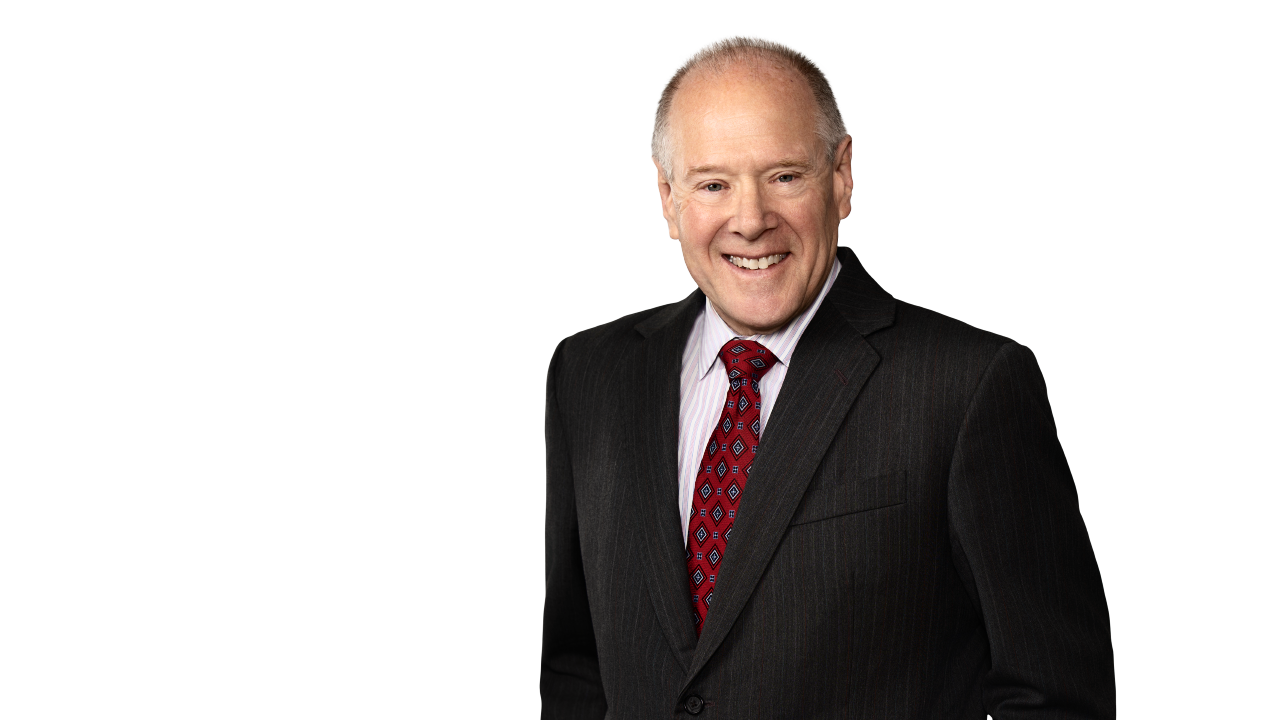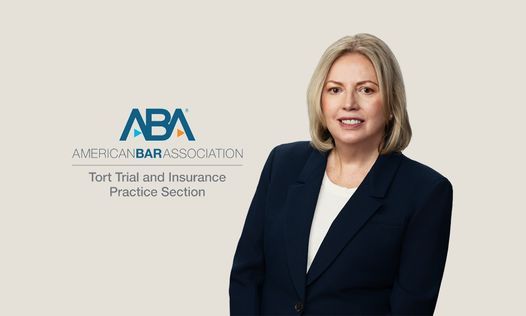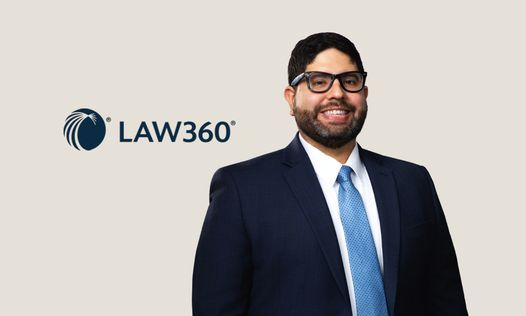Appellate
Handling High-Stakes Appellate Litigation in Courts Across the Country
Appeals present unique challenges. The rules, standards, and strategies differ fundamentally from those at trial, and the results can set new legal precedents and impact entire industries. With the risk of adverse judgments and evolving legal standards, you need swift, informed action to protect your interests. Effective appellate counsel must not only know the law and master the record but anticipate how appellate courts will view – and rule on – the elements of a case.
Hinshaw’s team delivers comprehensive support at every stage of the appellate process. We represent businesses and individuals in appellate matters before the US Supreme Court, US Courts of Appeals, and in state appellate courts across the country. At the outset of a case, the firm’s appellate and trial lawyers collaborate seamlessly, advising on dispositive motions, jury instructions, and post-trial strategies to preserve and position issues for appeal.
Our lawyers craft persuasive briefs and present oral arguments to secure extraordinary relief, manage interlocutory appeals, and respond to urgent matters such as injunctions and TROs. We have obtained precedent-setting victories and favorable outcomes that often extend far beyond the dispute at hand.
Market-Leading Reputation: Each year, our lawyers are trusted to lead more than 100 appeals nationwide. Known for securing favorable and cost-effective results, we are regularly referred by other law firms to handle high-stakes appeals.
Landmark Appeals: Hinshaw handles appellate cases that span a broad range of practice areas and industries. We have argued landmark cases before the US Supreme Court, US Courts of Appeals, and state reviewing courts. Our work has resulted in precedential decisions that often impact entire industries.
Nationwide Influence: Our lawyers serve in prominent roles within national appellate organizations and bar associations. We are often invited to prepare amicus curiae briefs for high-profile cases, and regularly publish articles, present lectures, and provide pro bono appellate representation.
Appellate Advocacy That Protects Your Interests
At Hinshaw, our lawyers apply deep experience in appellate procedure, briefing, and oral argument to protect your interests. Whether preserving trial victories, overturning unfavorable rulings, or driving legal developments, we craft proactive appellate strategies designed to achieve effective and enduring results.
To Find Out More Contact
Featured Insights
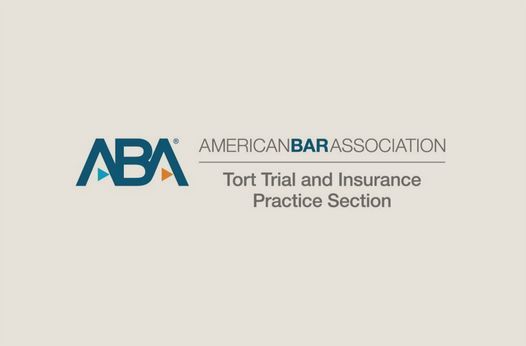
In The News
Nov 11, 2025
Carol Rooney Co-Authors Analysis on “Recent Developments in Appellate Advocacy”

Press Release
Sep 30, 2025
April Toy Named Among Wisconsin’s 31 Most Influential Latino Leaders of 2025 by Madison365
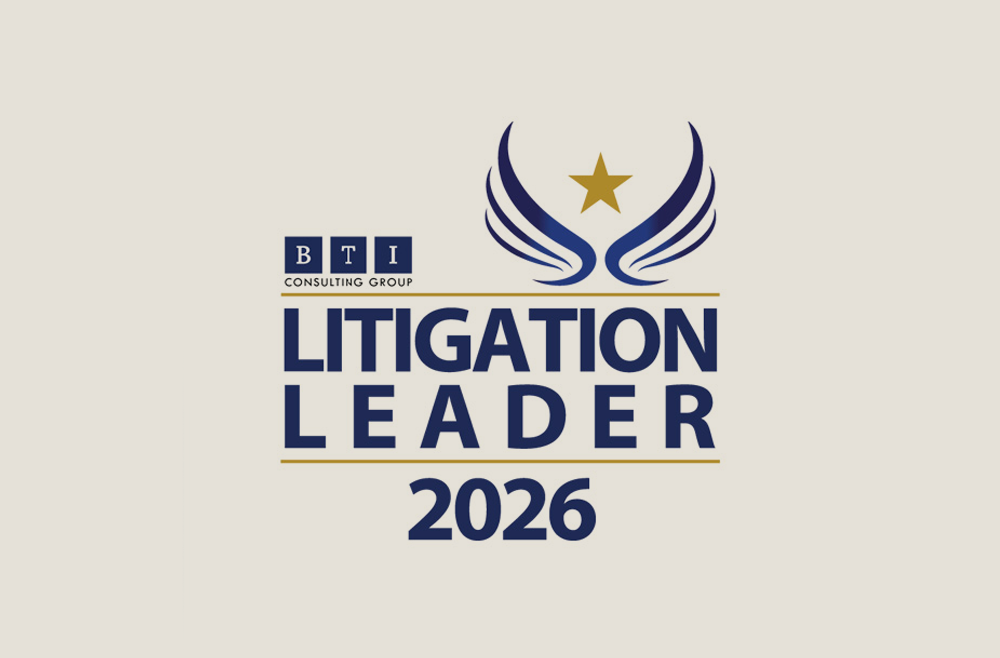
Press Release
Sep 26, 2025
Hinshaw Recognized as a “Leader in Litigation” in the BTI Consulting Litigation Outlook 2026 Survey

Press Release
Aug 21, 2025
102 Hinshaw Lawyers Recognized in 2026 Editions of The Best Lawyers in America® and Ones to Watch™

Press Release
Jul 21, 2025
April Toy Selected as a BizTimes Milwaukee 2025 Notable Latino Leader

Press Release
Jun 24, 2025
Hinshaw Adds Experienced Consumer Financial Services Attorney Peter Cubita in New York

